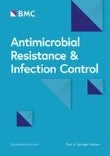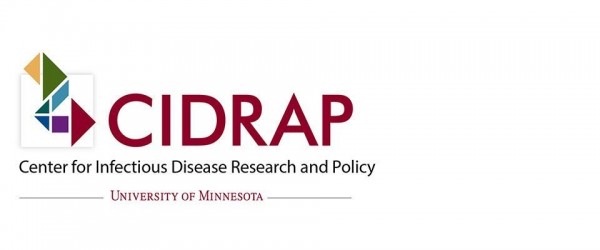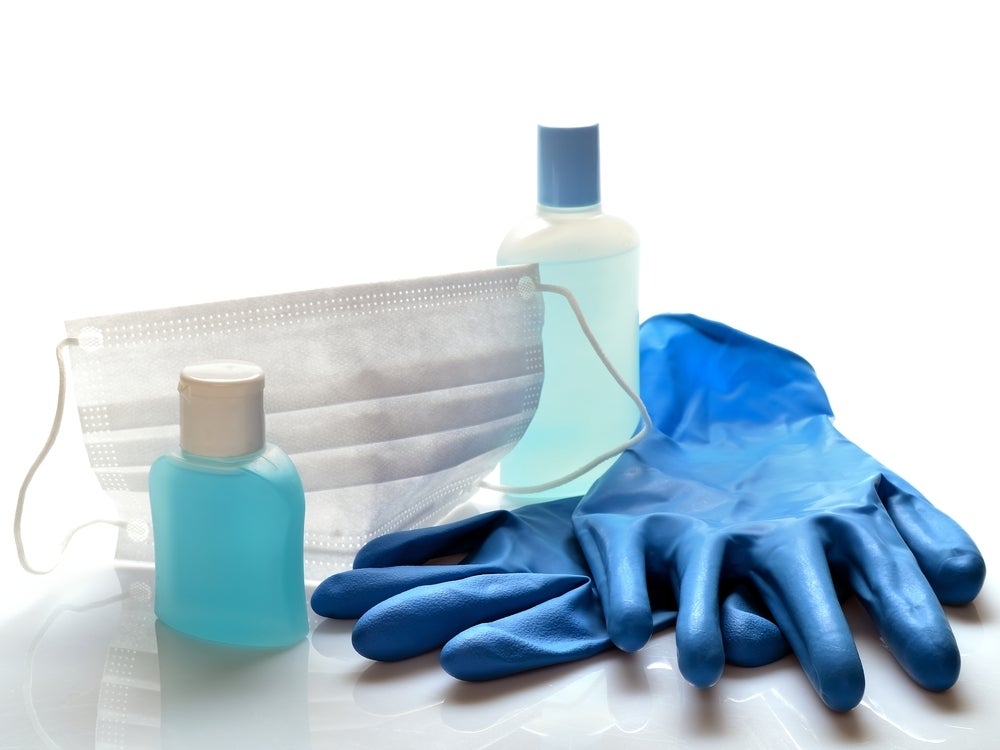
Editor's Note AI-enabled sensors, smart surveillance systems, and predictive analytics are advancing perioperative workflows while helping prevent breaches that can lead to surgical site infections (SSIs). This is the primary takeaway of a July 15 Q&A with Herman DeBoard, PhD, CEO of Huvr Inc., in Infection Control Today. As detailed…

Editor's Note Mayo Clinic researchers have developed an artificial intelligence (AI) system that detects surgical site infections (SSIs) from patient-submitted wound photos. According to the July 7 announcement, the model achieved 94% accuracy in detecting surgical incisions and an 81% area under the curve (AUC) in identifying infections. According to…

Editor's Note Reducing the number of OR personnel during preparation of sterile surgical goods significantly lowers airborne bacterial contamination, according to a randomized controlled trial published June 15 in Antimicrobial Resistance & Infection Control. The study measured contamination levels during sterile setup for 69 open-heart surgeries, comparing rooms with two…

Editor's Note New and revised sterilization and reprocessing standards are reshaping the landscape for sterile processing departments, placing greater emphasis on chemical modalities, device-specific protocols, and system-wide quality management, according to the Healthcare Purchasing News May 27 update on compliance and standards. Among the most significant developments is the overhaul…

Editor's Note A new digital resource is helping hospital leaders strengthen infection prevention efforts by focusing not just on bedside protocols, but on management strategies proven to reduce healthcare-associated infections (HAIs). The “SMART Toolkit,” developed by researchers at The Ohio State University and launched in July 2022, offers a free,…

Editor's Note Influenza and RSV infections more than double the risk of secondary Streptococcus pneumoniae infection, while COVID-19 is associated with a significantly reduced risk, according to a June 2 news brief from the Center for Infectious Disease Research and Policy (CIDRAP). The findings stem from a retrospective study of…

Preventing infection from contaminated surgical tools requires attention to every link in a complex chain of processes, from point-of-use pretreatment in the OR to the moment the freshly disinfected or sterilized item arrives at the next patient’s bedside. For those on the front lines, manufacturers’ written instructions for use (IFUs)…

Patient safety and regulatory compliance demand thoroughly vetting those tasked with preventing healthcare-associated infections. But which certification is the right fit? Those who are new to infection control have a wide range of options for verifying their newly acquired expertise. More seasoned infection preventionists (IPs) also have a number of…

Editor's Note Unnecessary traffic, workflow interruptions, and lapses in protocol in the OR increase the risk of surgical site infections (SSIs), according to an April 23 article in Infection Control Today. While sterile technique, antibiotic use, and instrument cleanliness remain front-line defenses against infection, authors Katharine J. Hoffman, MPH, CIC, and…

Imagine completely eliminating surgical site infections (SSIs) without significantly disrupting perioperative workflows. At Magic Valley Regional Medical Center (MVMC), a mid-sized community hospital in Twin Falls, Idaho, a nurse-led pilot project accomplished just that for breast and colorectal surgeries. As for other procedures, overall infection rates are down by nearly…